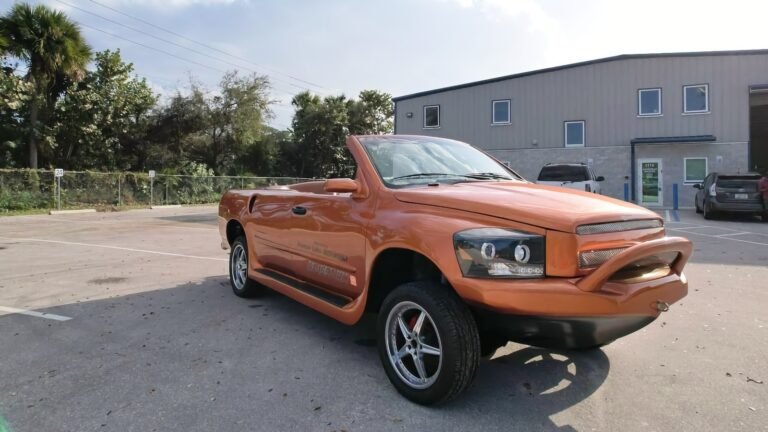

- Ford is recalling nearly 60,000 vehicles over a potential fire risk.
- They could have a faulty engine block heater that can leak.
- Company is aware of 46 fire incidents mostly reported in Canada.
Ford’s recall machine has been unusually quiet in recent weeks, but it’s now back to its usual pace with the 115th campaign of the year. This latest round covers 59,006 vehicles that can short circuit and potentially catch fire.
More: Ford Warns Thousands Of Owners To Park Outside After Fires Reported In Popular SUVs
The recall impacts an assortment of different models including the 2021-2024 Bronco and Bronco Sport as well as the 2020-2022 Escape and 2022-2024 Maverick.
They’re being joined by the 2019-2020 Fusion, 2019-2024 Ranger, and some 2016-2018 and 2020-2023 Explorers. Since this is a family affair, the company is also recalling the 2020-2022 Lincoln Corsair and 2016-2019 MKC.
What’s Causing The Fire Risk?
The National Highway Traffic Safety Administration says the vehicles may be equipped with an engine block heater that can leak coolant through its element pins. This issue increases the risk of an underhood fire, especially when the engine block heater is plugged into a non-GFCI outlet.

Digging deeper, the government says the heater’s solder joints may crack around the element base, which allows coolant to “infiltrate into the block heater to cord interface.”
When the coolant evaporates, it leaves behind electrically conductive salt deposits. These deposits accumulate over time and can eventually corrode electrical connections or form a “salt bridge.” If this happens, a resistive short circuit could occur.
Engine block heaters are relatively rare in non-diesel vehicles in the United States and it’s believed that only 1% of the recalled vehicles have the defect. Customers may notice a problem if they see coolant spots on their driveway or in their garage.
Other symptoms include overheating, a loss of cabin heat, a low coolant warning, or smoke coming from the block heater wiring.
The Investigation
Ford became aware of the issue in January following a number of fires. They began investigating and quickly discovered “coolant could seep into the cord pocket, potentially leading to a short circuit when energized with 110V power.”
As part of the investigation, they performed X-rays and CT scans on faulty components, which showed solder voids and cracks within the solder joint. However, the root cause of these issues was never determined.

As of September, Ford was aware of 46 vehicles that reportedly caught on fire. The automaker also received six customer complaints, 30 “legal claims,” and 21 reports from Transport Canada.
Given the prevalence of engine block heaters north of the border, it’s not surprising that most of the issues occurred in Canada.
The recall has resulted in a stop sale order, as usual, and existing owners are being advised not to use their engine block heater until it has been replaced. Unfortunately, this will occur close to the end of winter as a remedy isn’t expected to be available until February of 2026.



